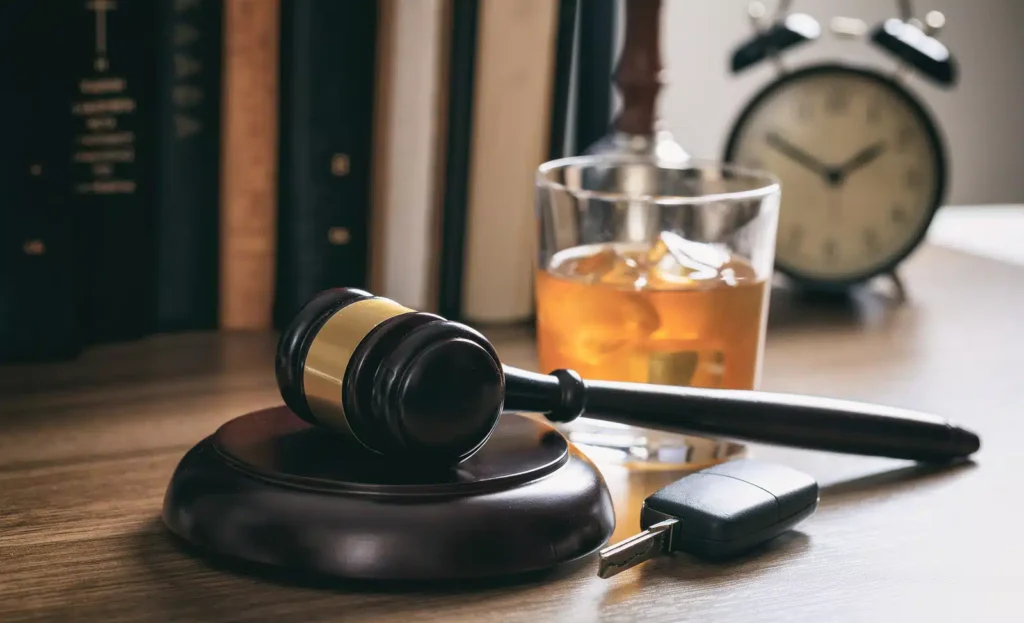Understanding Breathalyzer Technology
Breathalyzer devices are used by law enforcement to estimate blood alcohol concentration (BAC) levels in individuals suspected of DUI. Understanding how these devices work is crucial for anyone facing DUI charges, as inaccuracies can lead to wrongful convictions.
Breathalyzers operate by measuring the amount of alcohol in a person's breath, which is then used to calculate BAC. However, various factors can affect their accuracy, including calibration errors, environmental conditions, and even the individual's physiology. Familiarizing yourself with these elements can help build a stronger defense in court.
The Legal Implications of Breathalyzer Errors
Errors in breathalyzer readings can have significant legal implications for individuals charged with DUI. If a breathalyzer test is proven to be inaccurate, it may lead to the dismissal of charges or a reduction in penalties.
For instance, if it can be demonstrated that the breathalyzer was not properly maintained or calibrated, the results may be deemed inadmissible in court. Understanding these legal nuances is essential for anyone navigating the complexities of DUI charges in Texas.
Common Defenses Against Breathalyzer Test Results
When contesting DUI charges, various defenses can be employed regarding breathalyzer test results. These defenses often focus on questioning the reliability and accuracy of the test administered.
Some common defenses include challenging the calibration of the device, questioning the officer's training in administering the test, and highlighting any potential medical conditions that may have influenced the results. Engaging an experienced attorney can help identify the best defense strategy tailored to your case.
Consulting a DUI Defense Attorney
Seeking legal counsel is vital for anyone facing DUI charges, especially when breathalyzer errors are involved. A knowledgeable DUI defense attorney can provide invaluable guidance and representation throughout the legal process.
Attorneys specializing in DUI cases understand the intricacies of Texas law and can effectively challenge breathalyzer results. They can also negotiate plea deals or represent clients in court, ensuring that their rights are protected and that they receive a fair trial.

